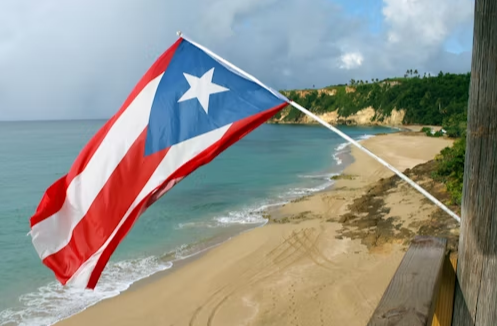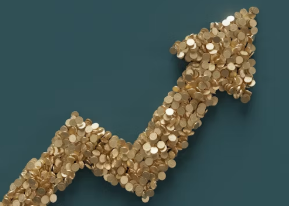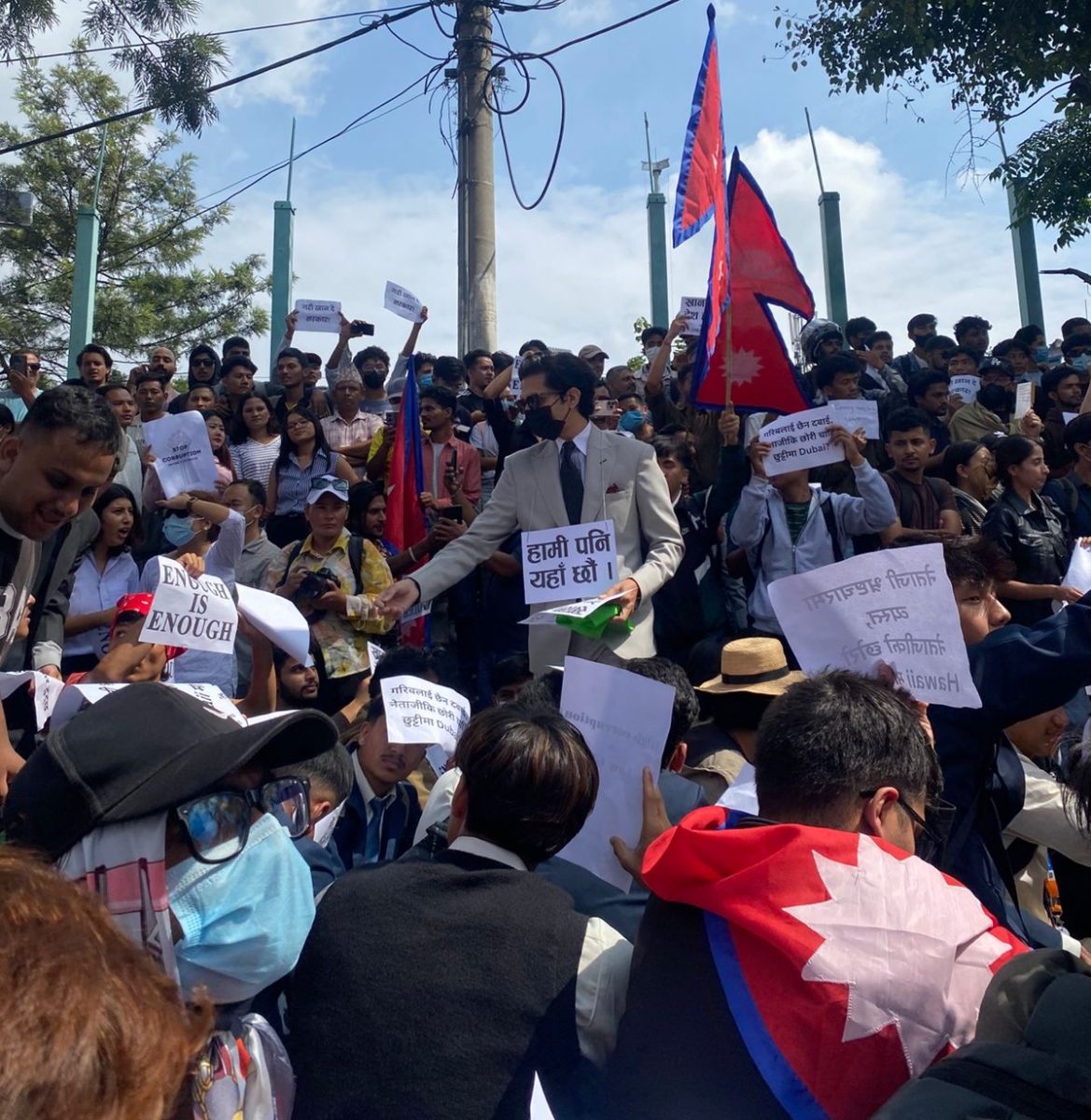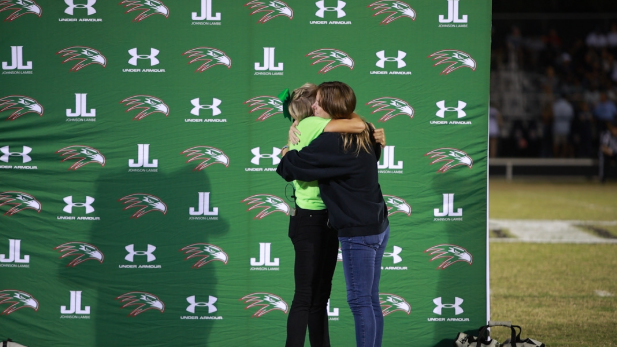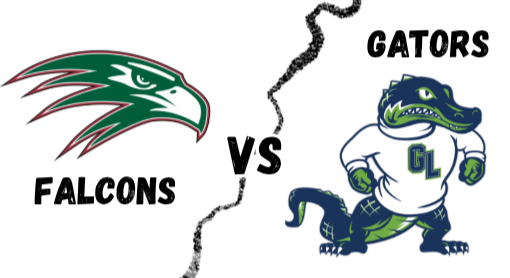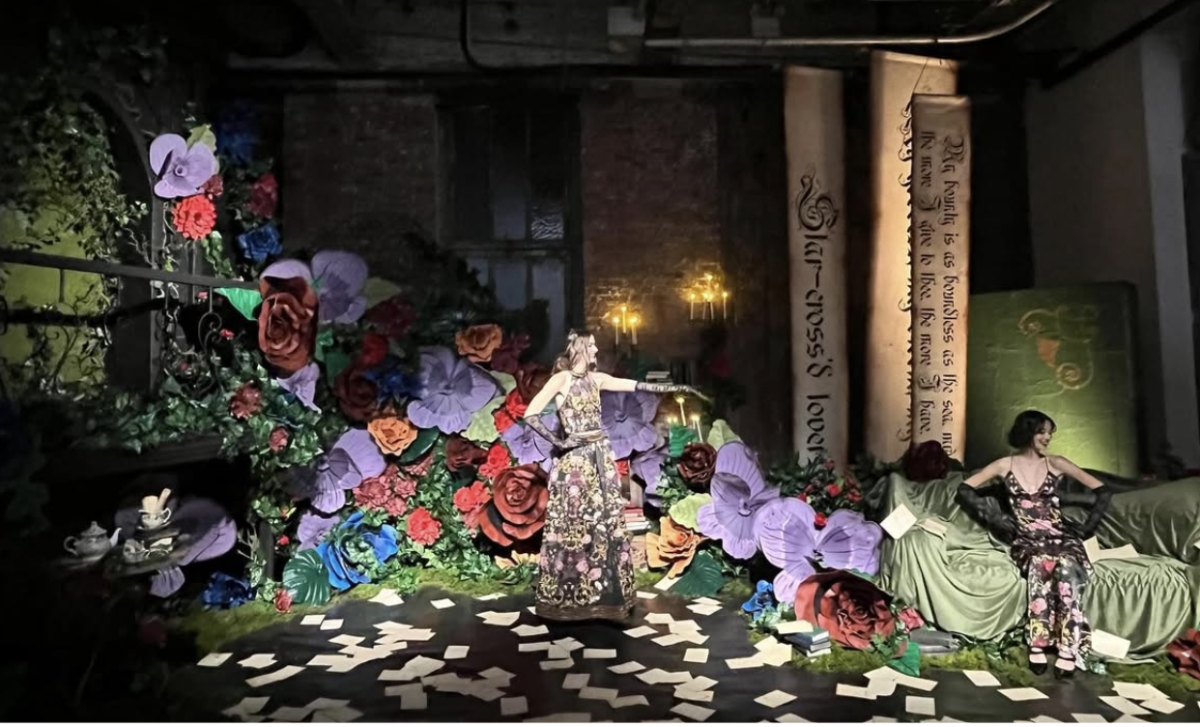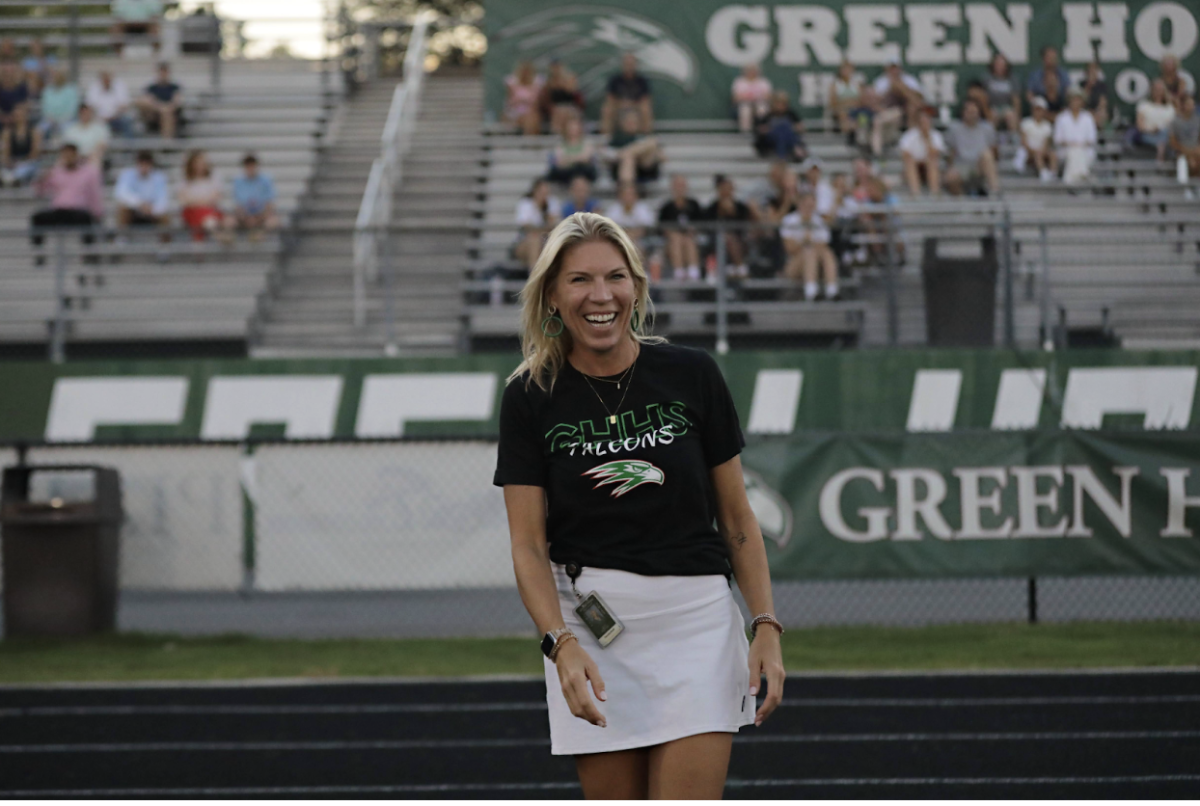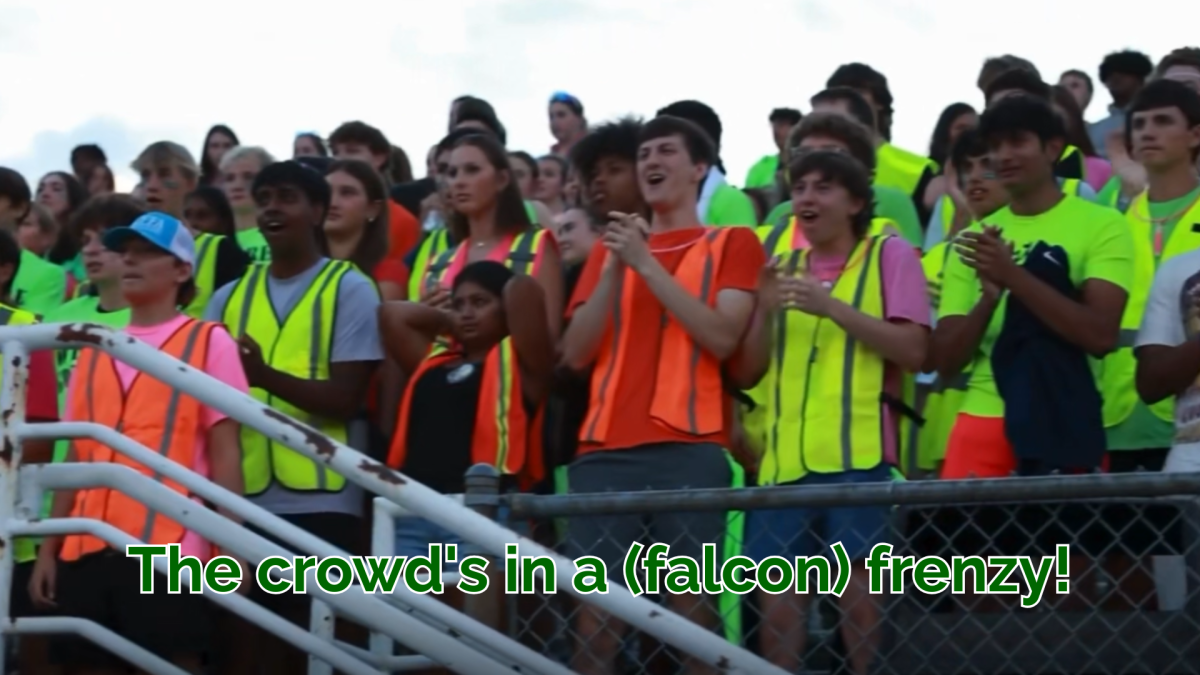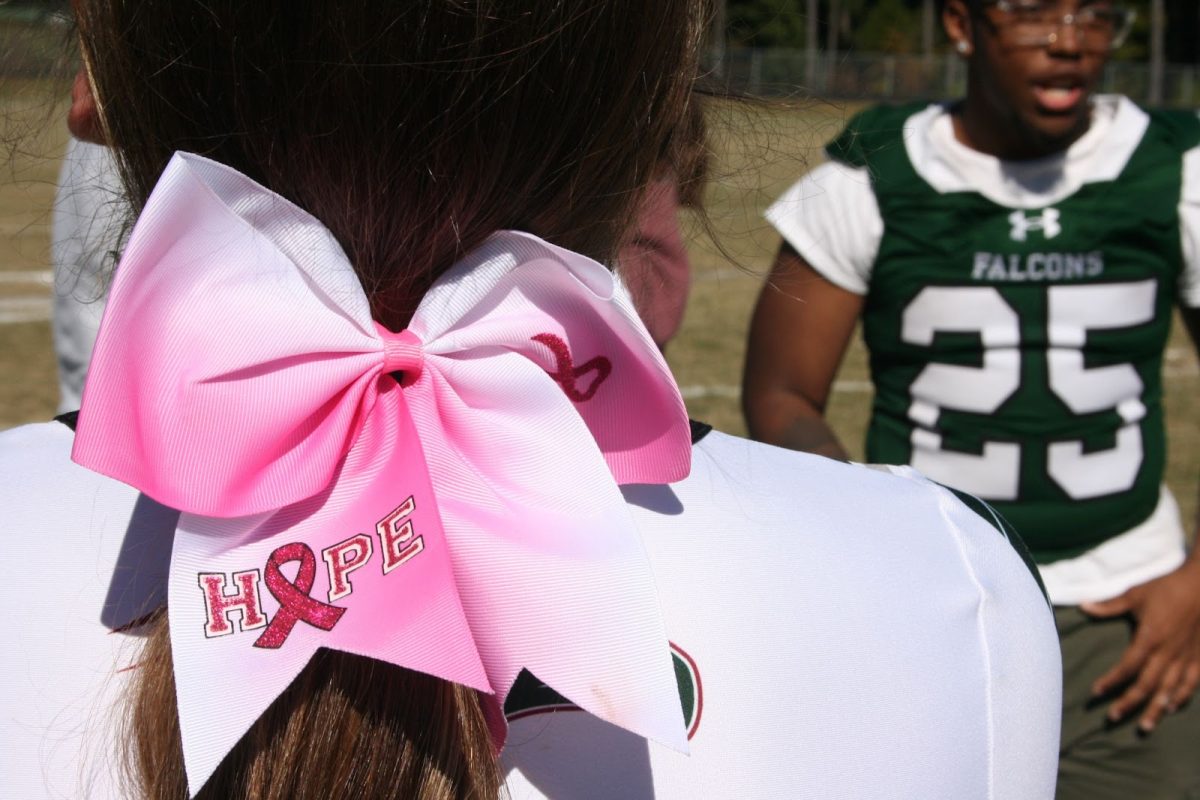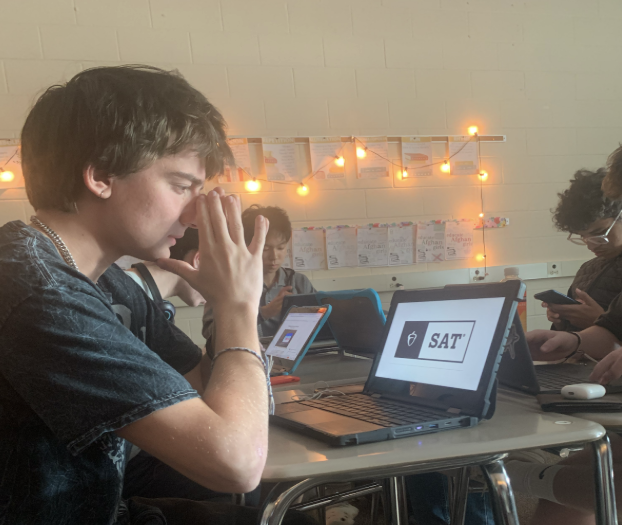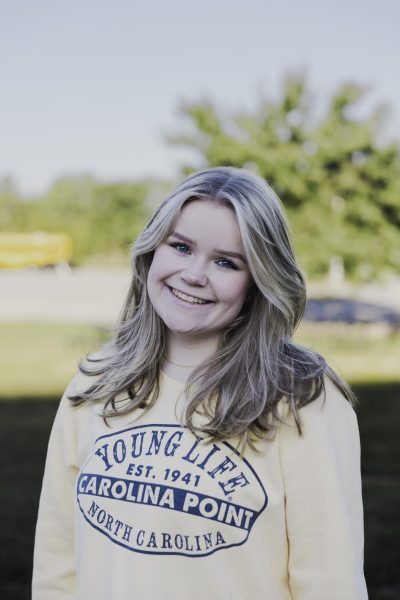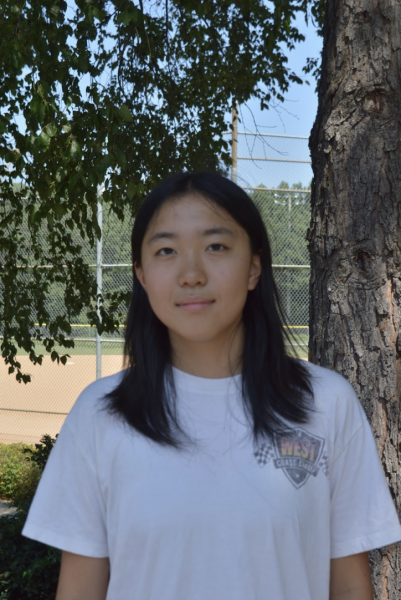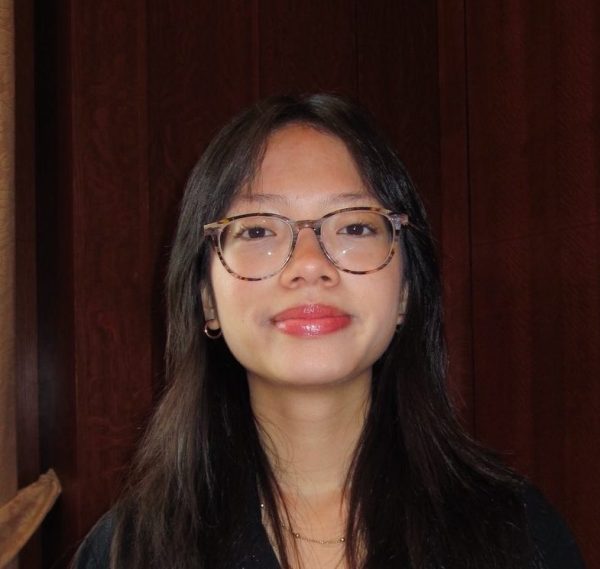October is breast cancer awareness month, dedicated to supporting both those who have lost their battles and those who continue to fight daily against the deadly illness. Symbolized through ribbons and a plethora of pink, breast cancer is known for being a leading cause of death globally, specifically in women over the age of 50. This form of cancer alone affected 2.3 million people in 2022, claiming the lives of 670,000 of them.
Breast Cancer Awareness Month was founded in October of 1985 through a collaboration between the American Cancer Society and Imperial Chemical Industries, aiming to promote the importance of mammograms and frequent screenings against breast cancer. Betty Ford, the first lady of the United States a few years before the partnership, was diagnosed with breast cancer during her husband’s presidency. This allowed her to easily draw attention to the disease, ultimately making her a crucial aspect of the campaign.
Many foundations advocate for the disease and its cure, including the National Breast Cancer Foundation and the Susan G. Komen Foundation. The National Breast Cancer Foundation was founded in 1991 by breast cancer survivor Janelle Hail and has since provided millions of free mammograms, a form of screening used to scan for breast cancer, assisting patients in early detection procedures and potential financial assistance. Additionally, the Susan G. Komen Foundation was founded by Nancy Brinker, Susan’s sister, in 1982. This foundation is now the largest breast cancer foundation in the United States, aiming to enhance research and treatments. These foundations, along with many others, continue to play vital roles in reducing the impacts of the deadly disease.
As mentioned before, the disease affects many all over the globe, even within the falcon community. The GH Falcon spoke with two of the schools survivors, including the head principal Ms Allison Cleveland, and a beloved marine ecology and biology teacher Ms. Tina Robinette, who shared their stories and experiences with the disease.
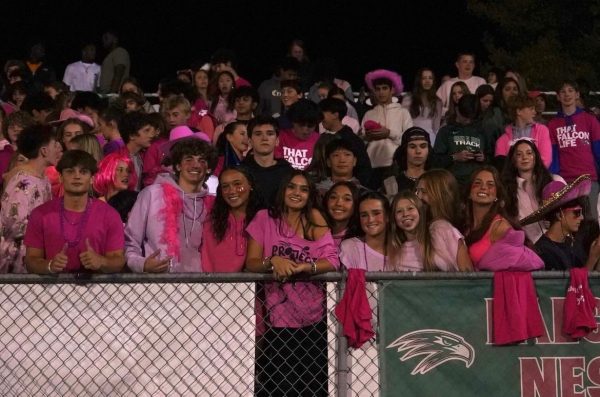
Although Ms. Cleveland and Ms. Robinette both shared that their diagnoses were less of a shock than expected, the introduction of breast cancer still carried a significant weight that impacted the lives of both. “My initial reaction was not shocking because I knew that the tumor that I found was not normal. I was scared,” Ms. Robinette shared. “You, of course, worry that you won’t be around for your child to grow up but as I met with my care team and got my treatment plan in place I felt more comfortable that my cancer was curable.” Similarly, Ms. Cleveland explains that her initial diagnosis caused “less ‘shock’ than expected,” but ultimately kept her out of work for two months.
The experiences of such an impactful disease are enough to change someone’s perception of life, much like it did for both Ms. Robinette and Ms. Cleveland. “I know that I can do anything and I’ll never be given something I’m not strong enough to handle. That being said, it’s okay to accept support from others,” Ms. Cleveland said regarding her experiences.
Breast cancer currently kills millions each year, despite advancements in technology making it much easier to diagnose. Part of this is the fault of current healthcare systems and their outdated practices. “I strongly believe that our medical system could help with early detection by simply lowering the recommended age for mammograms,” Ms. Robinette explained. “I had yearly mammograms and discovered the lump at the 11-month mark. So, in 11 months I went from having a clear mammogram to having stage 1A breast cancer. Monthly self-checks are critical in catching breast cancer in between yearly mammograms.” Ms. Cleveland shares a similar viewpoint on the importance of screening. She stated, “I think the most important thing is to get screened or screen yourself, even young. I was 39 when I was diagnosed, before my first mammogram. I caught it myself, and that screening may have saved my life.”
Although the disease itself continues to impact the lives of many, increased awareness through October’s ribbons and shades of pink allow for developmental advancements in screening technology, expansive research funding, and an overall increase in cancer education. A breast cancer diagnosis is not a death sentence, but an opportunity to showcase strength in the fight that follows.





